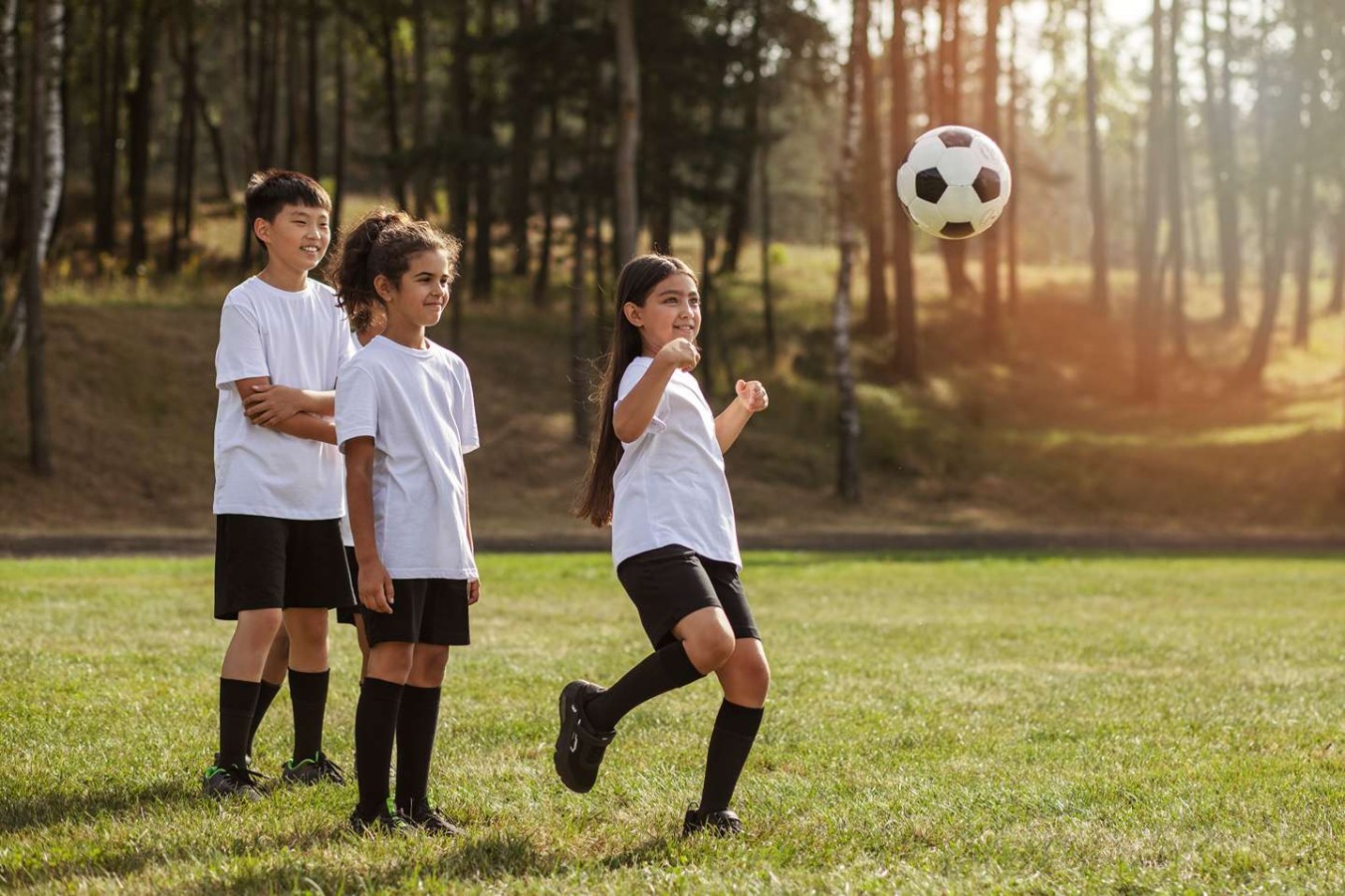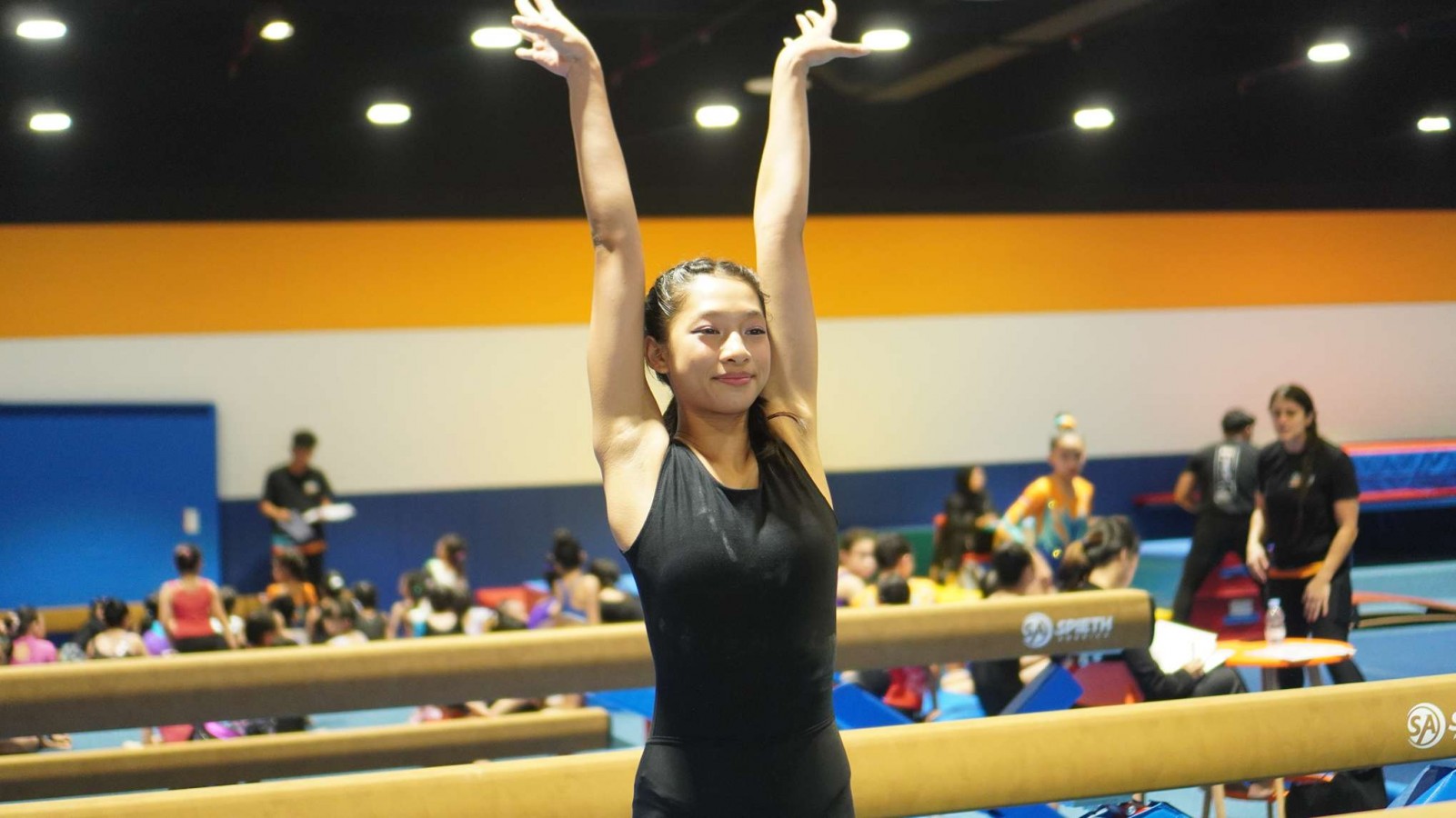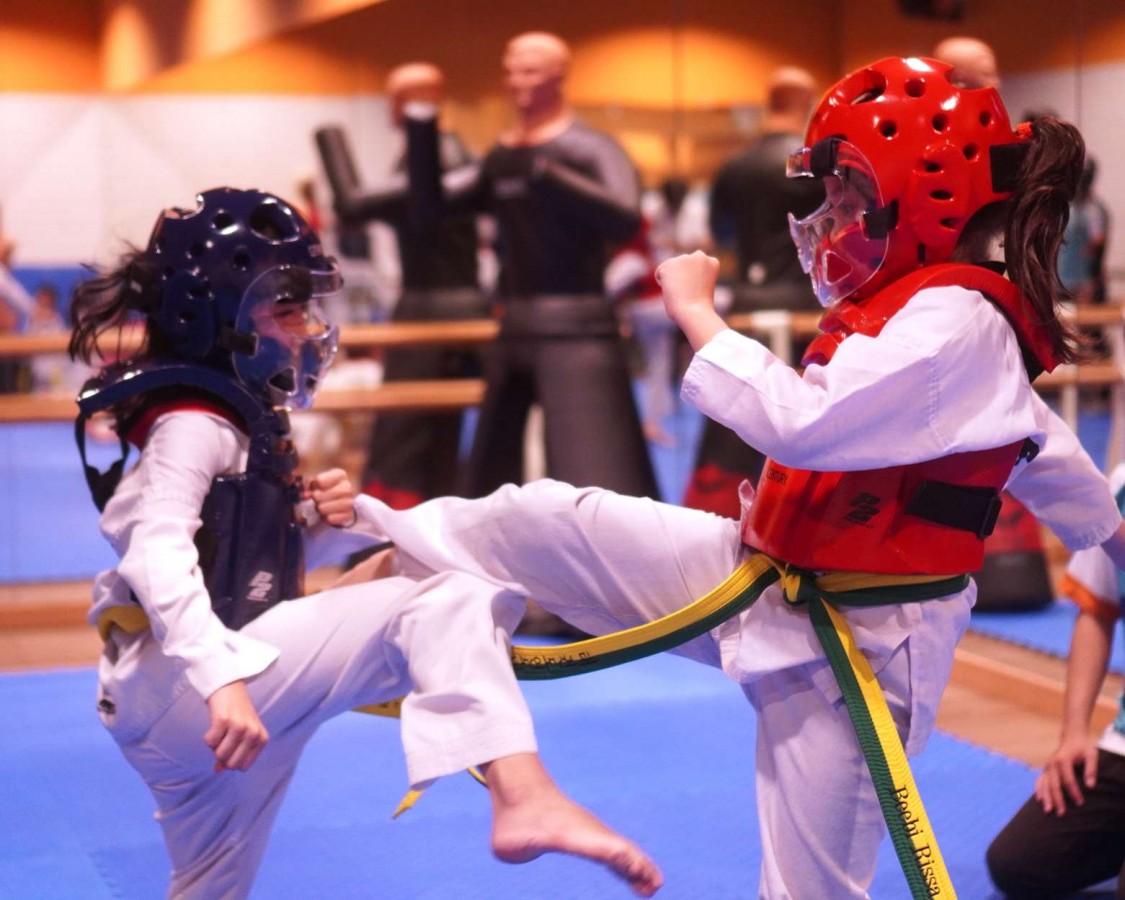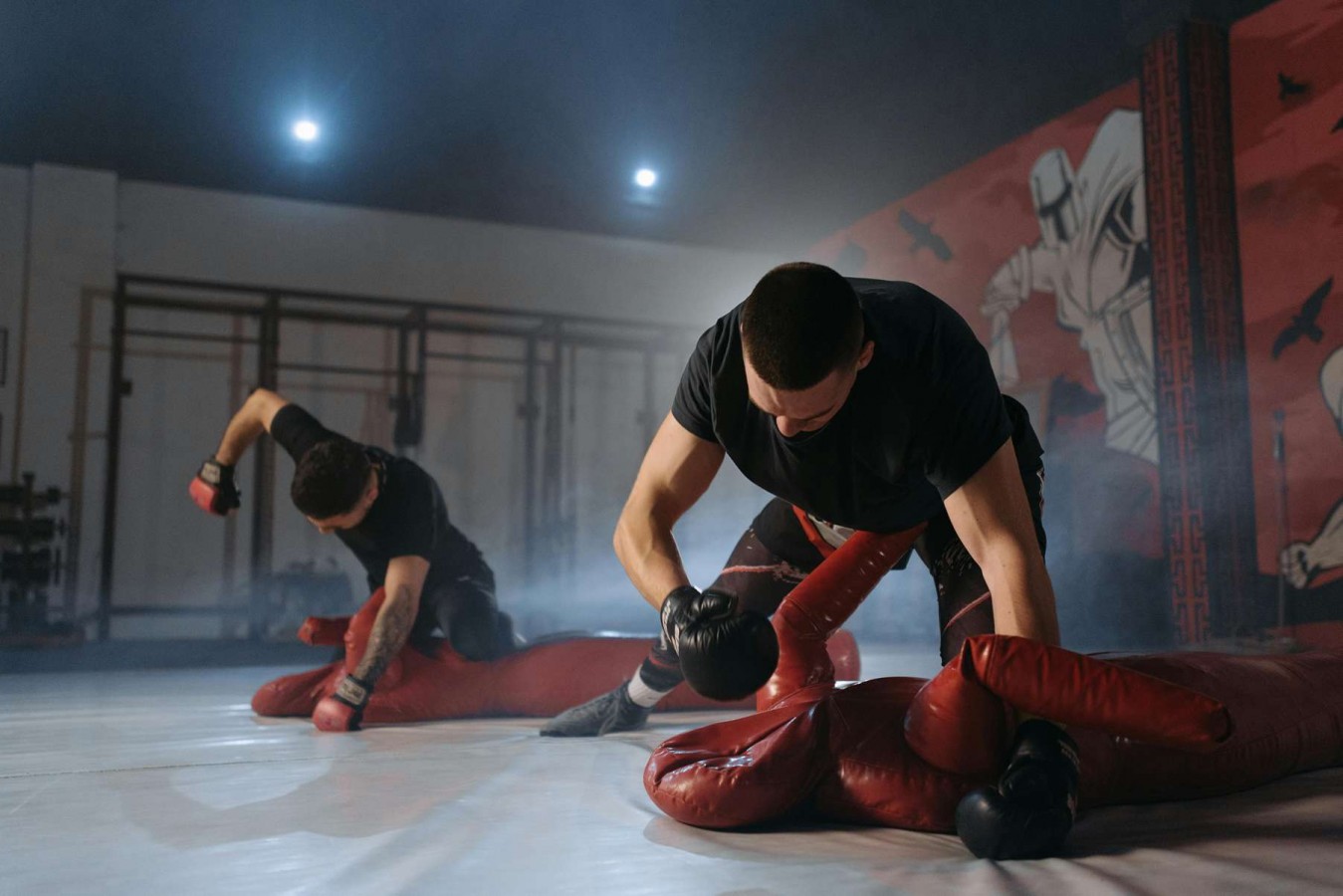This Is The Importance of Physical Education

In the tapestry of childhood development, the significance of physical education emerges as a vibrant thread, weaving its way through the fabric of physical, mental, and social well-being.
Beyond the traditional notions of exercise, physical education for children plays a pivotal role in nurturing holistic growth. From fostering physical health to cultivating essential social skills, the impact of a well-designed physical education curriculum is profound.
This article explores the multifaceted importance of physical education for children, emphasizing its impact on physical health, emotional development, and overall growth.
The Importance of Physical Education in Physical Development
Physical education (PE) plays a crucial role in children's physical development. The impact of PE on physical development is multifaceted, encompassing various aspects of health and well-being. Here are key ways in which PE influences children's physical development:
1. Motor Skills Development
Physical education plays a pivotal role in enhancing a child's motor skills, encompassing both fine and gross motor abilities. Activities such as running, jumping, throwing, and catching help refine coordination, balance, and agility, laying the foundation for future physical activities and sports.
2. Muscle Strength and Bone Density
Engaging in regular physical activities helps children develop muscle strength and bone density. Weight-bearing exercises promote the growth of strong and healthy bones, reducing the risk of issues like osteoporosis later in life.
3. Cardiovascular Health
Physical education promotes cardiovascular fitness, reducing the likelihood of heart-related problems. Activities that get the heart pumping, such as running or swimming, contribute to a strong cardiovascular system, enhancing overall health and longevity.
The Importance of Physical Education in Emotional Development
Not only physical development, physical education also has significant effects on children's emotional development. The emotional benefits of PE extend beyond the physical aspects of exercise, contributing to the overall well-being and mental health of children. Here are key ways in which PE influences emotional development:
1. Stress Reduction
Physical education provides an outlet for stress and pent-up energy. Through activities like sports and games, children learn to manage stress, improving their emotional resilience and coping mechanisms.
2. Teamwork and Social Skills
Participating in group activities fosters teamwork and social skills. Children learn to communicate, collaborate, and share essential skills that extend beyond the playground into their academic and personal lives.
3. Confidence and Self-esteem
Achieving physical milestones and mastering new skills in a supportive environment boosts a child's confidence and self-esteem. This newfound confidence often translates into improved academic performance and a positive self-image.
Physical Education For Children’s Overall Growth
Physical Education for children is a holistic approach to fostering their overall growth, encompassing various aspects of physical, emotional, and cognitive development.
The aim of PE is to provide a well-rounded educational experience that goes beyond traditional classroom learning. Here's an exploration of what physical education contributes to children's overall growth:
1. Cognitive Benefits
Physical education is linked to cognitive development, enhancing concentration, memory, and problem-solving skills. Regular physical activity stimulates the release of neurotransmitters, such as dopamine, promoting optimal brain function.
2. Healthy Lifestyle Habits
Instilling the importance of physical activity from a young age sets the stage for a lifetime of healthy habits. Children who engage in regular physical education are more likely to maintain an active lifestyle as adults, reducing the risk of obesity and related health issues.
3. Balanced Development
Physical education contributes to a well-rounded education, ensuring that children develop both physically and mentally. A balanced approach to education acknowledges the interconnectedness of physical and academic success.
4. Academic Development
NIH Research has shown that engaging in physical activities, such as team sports, cycling, beach swimming, and playground games, yields positive impacts on the brain and academic performance. Through physical education, children acquire skills in motivation, productivity, and lifelong fitness, while also developing creative thinking abilities.
Participation in sports, physical education, and physical activity has been proven to enhance students' sense of connection to their school and its goals. The extent to which children exhibit social responsibility in a school setting is positively influenced by their involvement in such activities. A mind that is active and engaged facilitates prolonged focus and may also contribute to improved learning outcomes.
Interested in Improving Your Children’s Physical Education?
In conclusion, the importance of physical education for children extends far beyond the playground. It is a holistic approach to nurturing physical health, emotional well-being, and overall growth.
By incorporating regular physical activities into a child's routine, parents and educators contribute to the development of resilient, confident, and healthy individuals, setting the stage for a lifetime of success.
If you're considering enrolling your children in a program that not only promotes physical fitness but also nurtures their overall development, look no further than Rockstar Academy. With a diverse range of PE programs tailored to suit individual needs, Rockstar Academy provides an enriching environment for your child's growth.
Take advantage of their generosity by exploring a free trial class—an excellent opportunity to witness firsthand the positive impact that quality physical education can have on your child's life. Choose Rockstar Academy, where every child can shine in their unique way through the power of physical education!
FAQs
1. Is physical education only about sports and competition?
While sports and competition are part of physical education, its broader goal is to promote overall physical fitness, health, and well-being. Activities can include games, exercises, and challenges that cater to various interests and abilities.
2. How much time should be dedicated to physical education each week?
The recommended amount of physical education varies, but many experts suggest at least 150 minutes per week for elementary school children. However, it's essential to strike a balance and not compromise academic or other essential activities.
3. What if a child is not athletically inclined?
Physical education is not solely about athleticism. It's about promoting a healthy lifestyle, physical literacy, and overall well-being. Adaptations can be made to accommodate different skill levels and interests, ensuring inclusivity for all children.
4. How can parents support physical education at home?
Encourage outdoor play, limit screen time, and engage in physical activities as a family. Additionally, supporting a variety of sports and activities can help children discover their interests and strengths.



